A perceivedJessica Joneshint kicking up fervor is hardly surprising.
Unlike the preternaturally trained Matt Murdock, however, Jessica’s powers are almost incidental.
The series' thematic bleakness, extensivefilm noir styling, and de-emphasizing of superhero tropes feel appropriately self-contained.
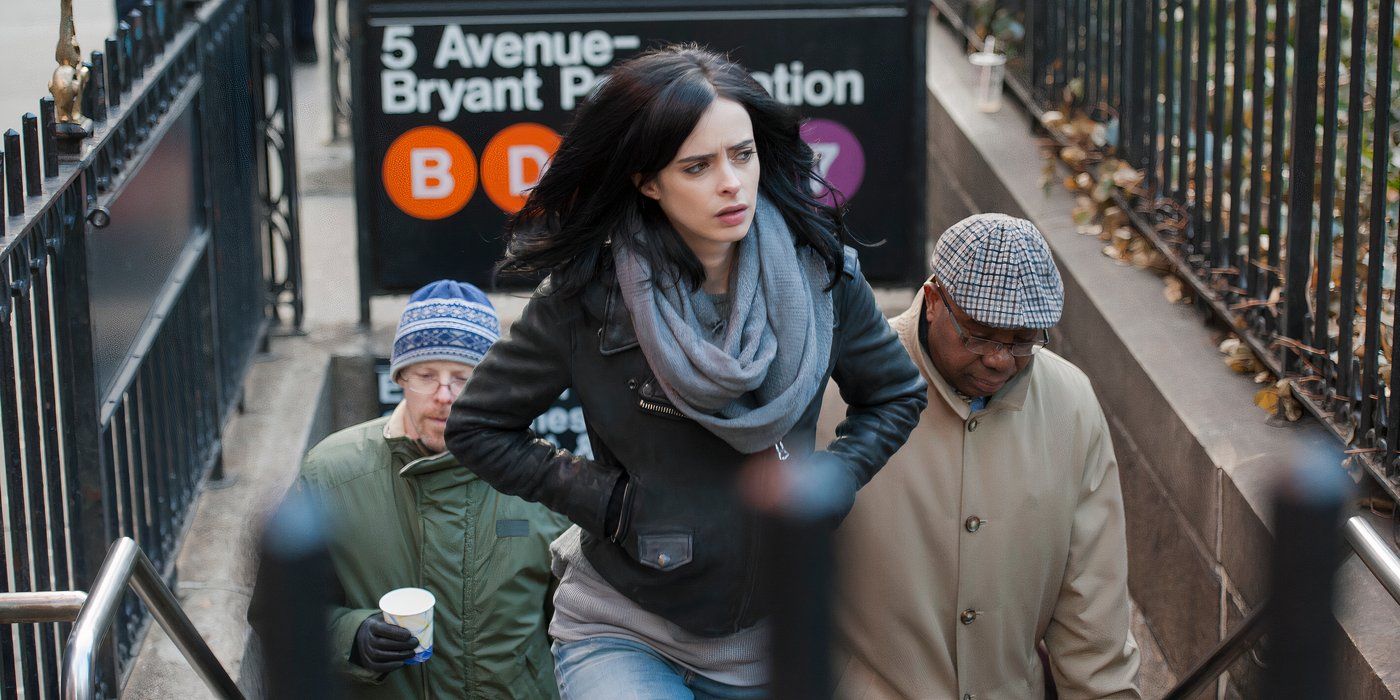
Image via Marvel Studios
Jessica might have enhanced strength, buther agonies are the horrifying commonalities virtually every woman faces.
Her foremost villain is rape culture.
By adapting this character, Rosenberg swings for the fences by necessity.
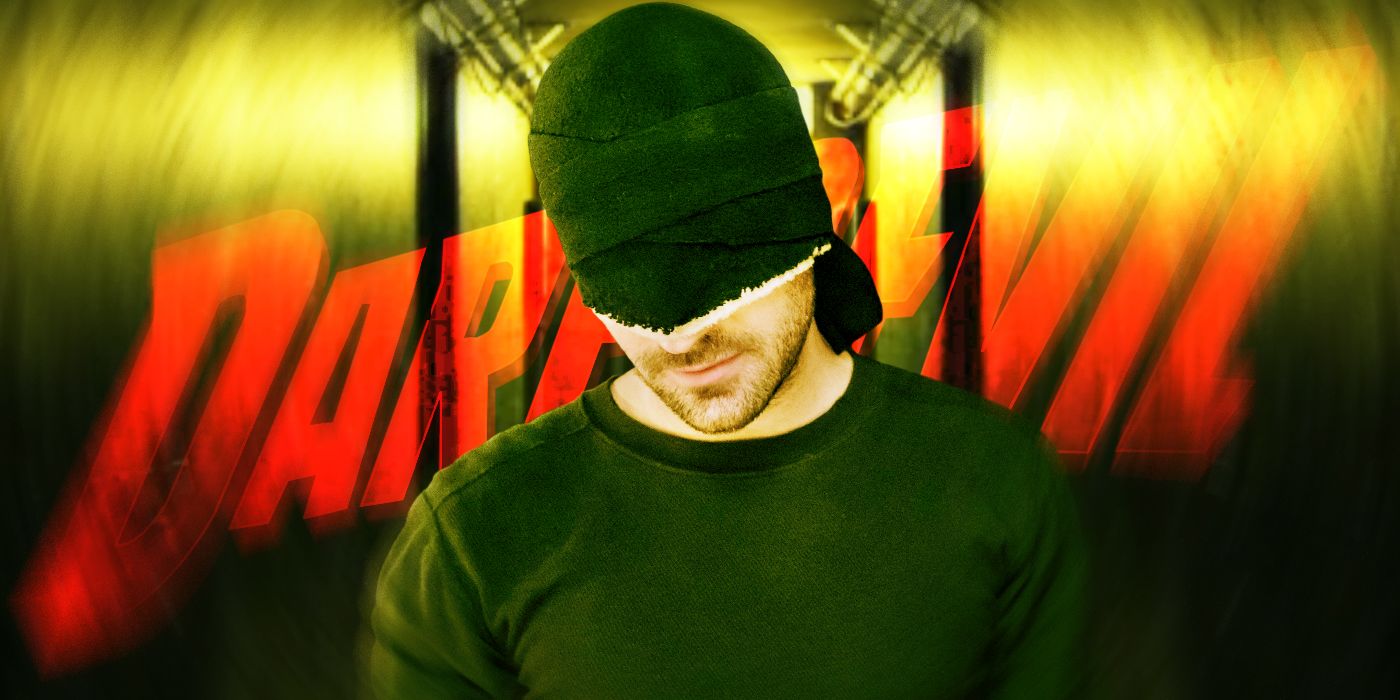
In many ways,Jessica Jonesis a female fantasy.
He expects, he dominates, and he takes.
BeforeJessica Jonesbegins,Kilgrave subjected Jessica to his brainwashing for months.
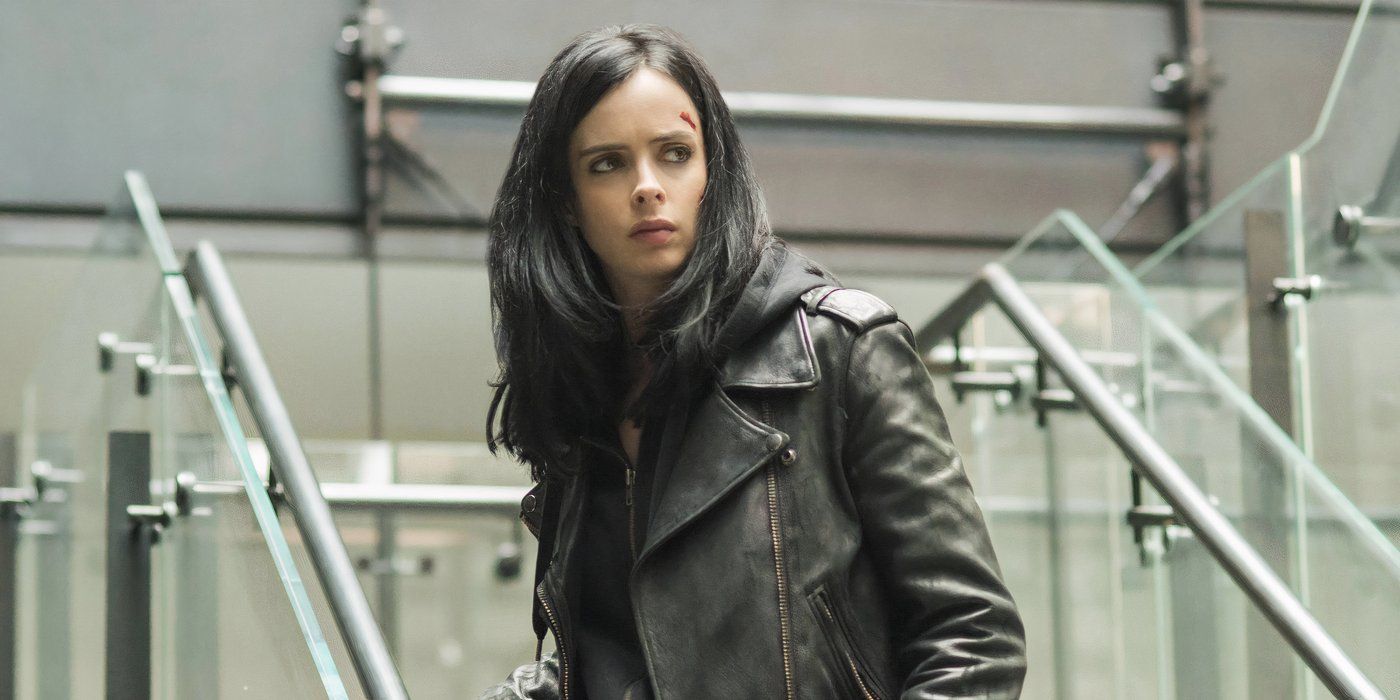
Image via Marvel Studios
He held her captive and abused her sexually, physically, and emotionally.
Season 1 tracks Kilgrave’s return from the “dead” and Jessica’s attempts to circumvent her abuser.
The only reason he doesn’t is that he craves her willing devotion.
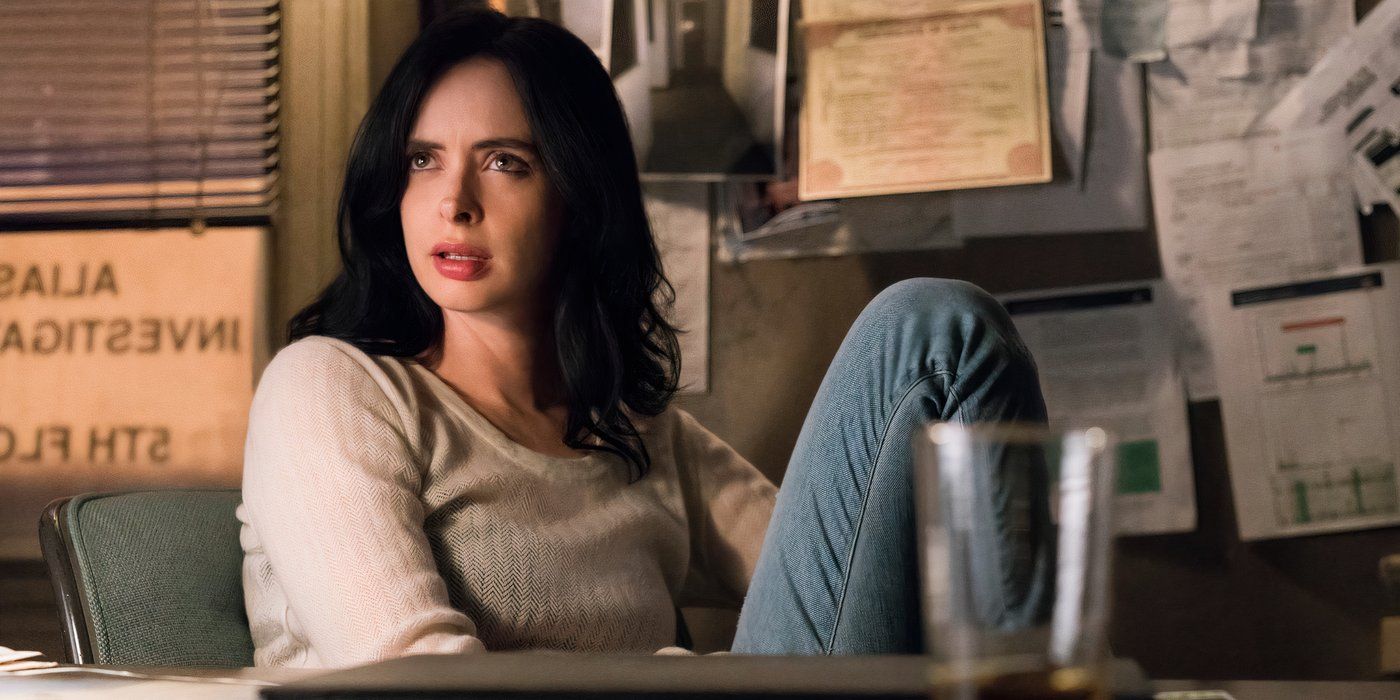
Image via Marvel Studios
At every turn, he romanticizes himself.
He couches his abuse in love, mocks consent, and deflects blame.
The series, as an objective observer, never lets Kilgrave escape accountability.
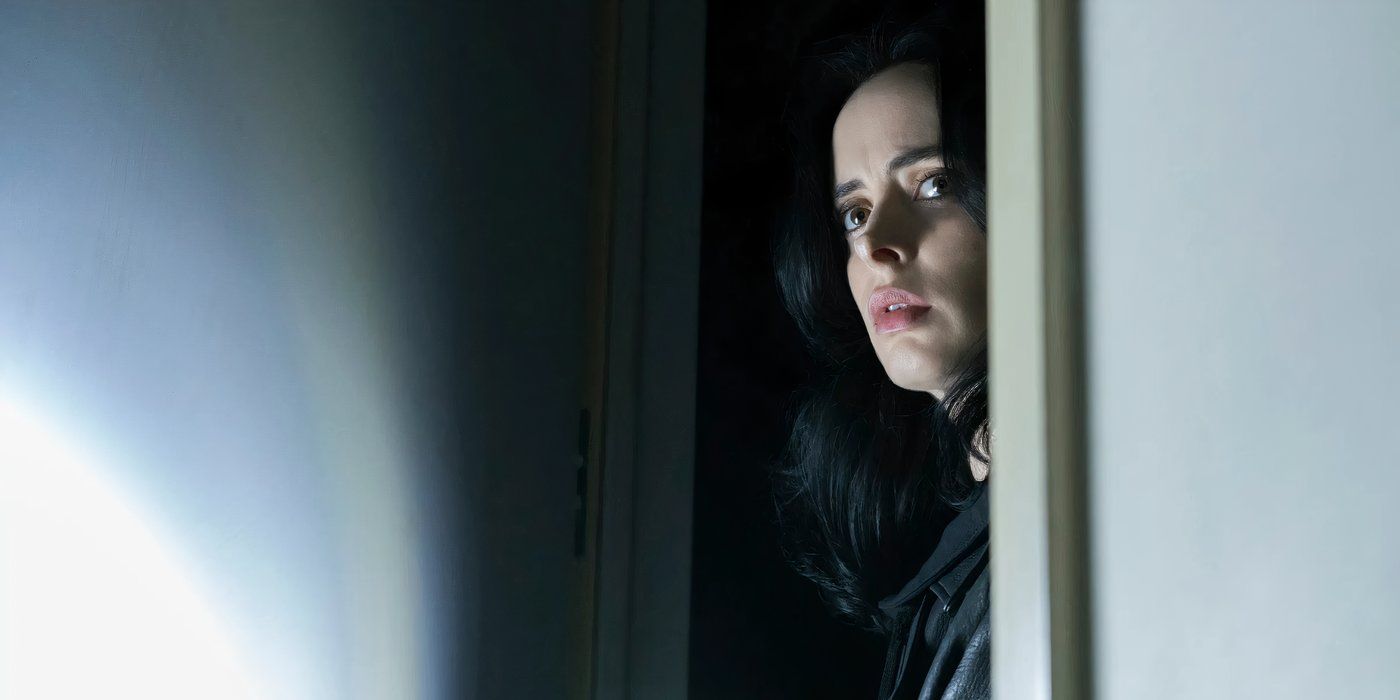
Image via Marvel Studios
Pedantic language and childhood torment don’t excuse his perpetuation of the abuse cycle.
For narrative purposes, he’srape culture personified a sadist given free rein.
It doesn’t matter when someone assures Jessica that Kilgrave isn’t physically nearby.
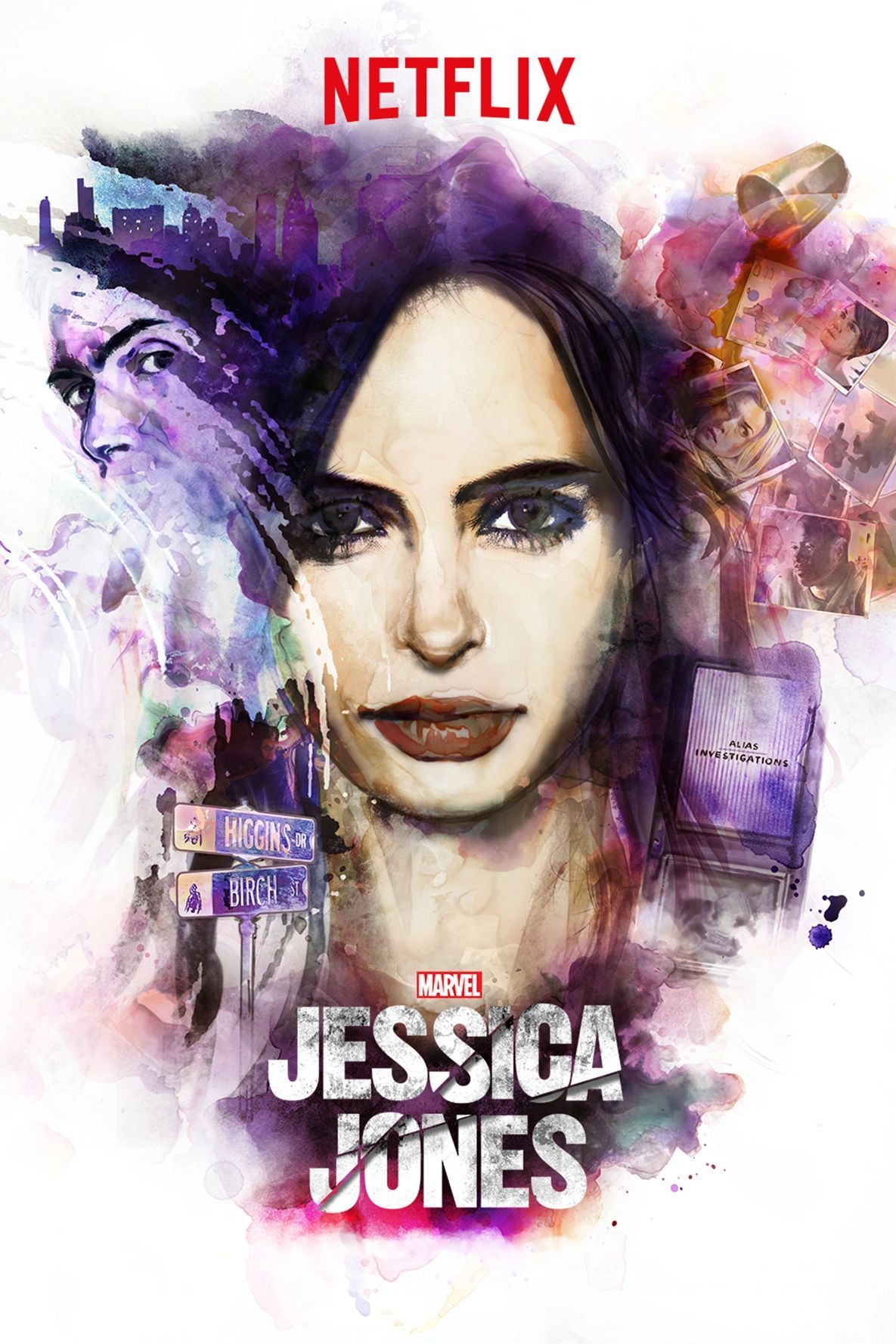
Reduced to her rawest parts, Jessica is a human disaster.She’s remarkably and honestly flawedfor remarkably honest reasons.
Her undercutting dry sarcasm runs a mile a minute.Her blood-stained handsrule her waking hours and her dreams.
Of course, erecting emotional barriers feels safer; she abhors vulnerability even though she longs for human connection.

Being a damaged jerk is the only language she knows.
You don’t get to destroy who I am.
Her trauma informs her life without eternally ruling her future.
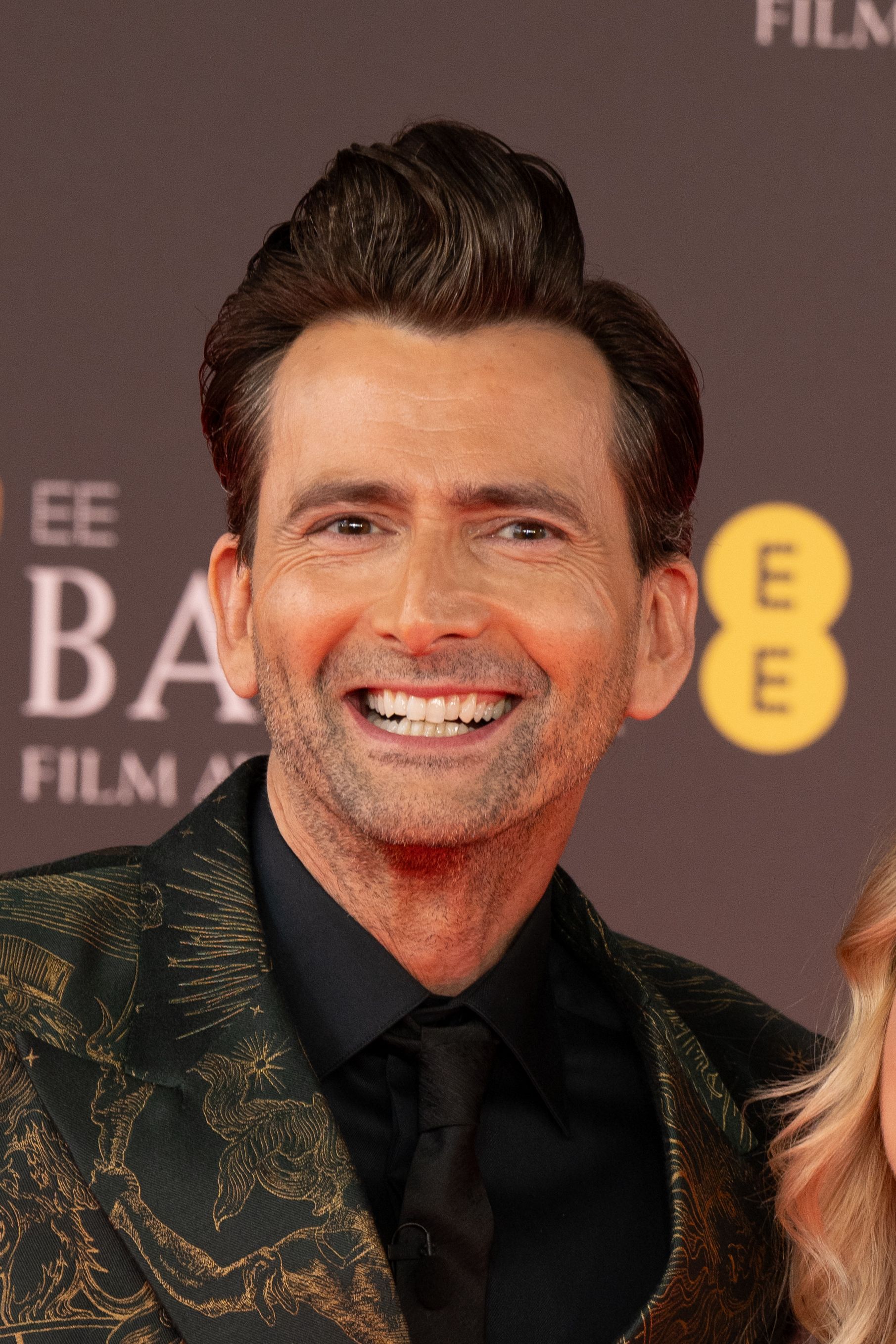
Jessica’s uniform is her old, bland, and reliable clothes she dumps on the floor every night.
Nothing more, and nothing less.
She slips into Jessicas leather jacket, worn jeans, haunted eyes, and hunched shoulders like a glove.

Her presence intimidates and compels.
She demonstrates a remarkable range, shifting between acidic sarcasm and blistering vulnerability.
Her justifiable rage is reckoned with but not disparaged or sanitized.
Although there’s plenty of stories left to tell, after Season 1, Jessica does evolve and heal.
We need her ugliest moments for her triumphs to resonate.
The Netflix pieces are reassembling, and public goodwill is strong.
The series dives head-first without a helmet into areas Netflixs other shows couldnt touch for all their shadowy lighting.
Itsdistinctive flair and psychological focus, Jessica’s unique necessity, and Ritter deserve a proper return.
Frankly put,there’s no one like JessicainThe Defendersworld.
She problem-solves with her brain and her fists.
Her ongoing potential waits to be seized.
Everyone lovesDaredevil; everyone should loveJessica Jones.
Your Rating
Your comment has not been saved